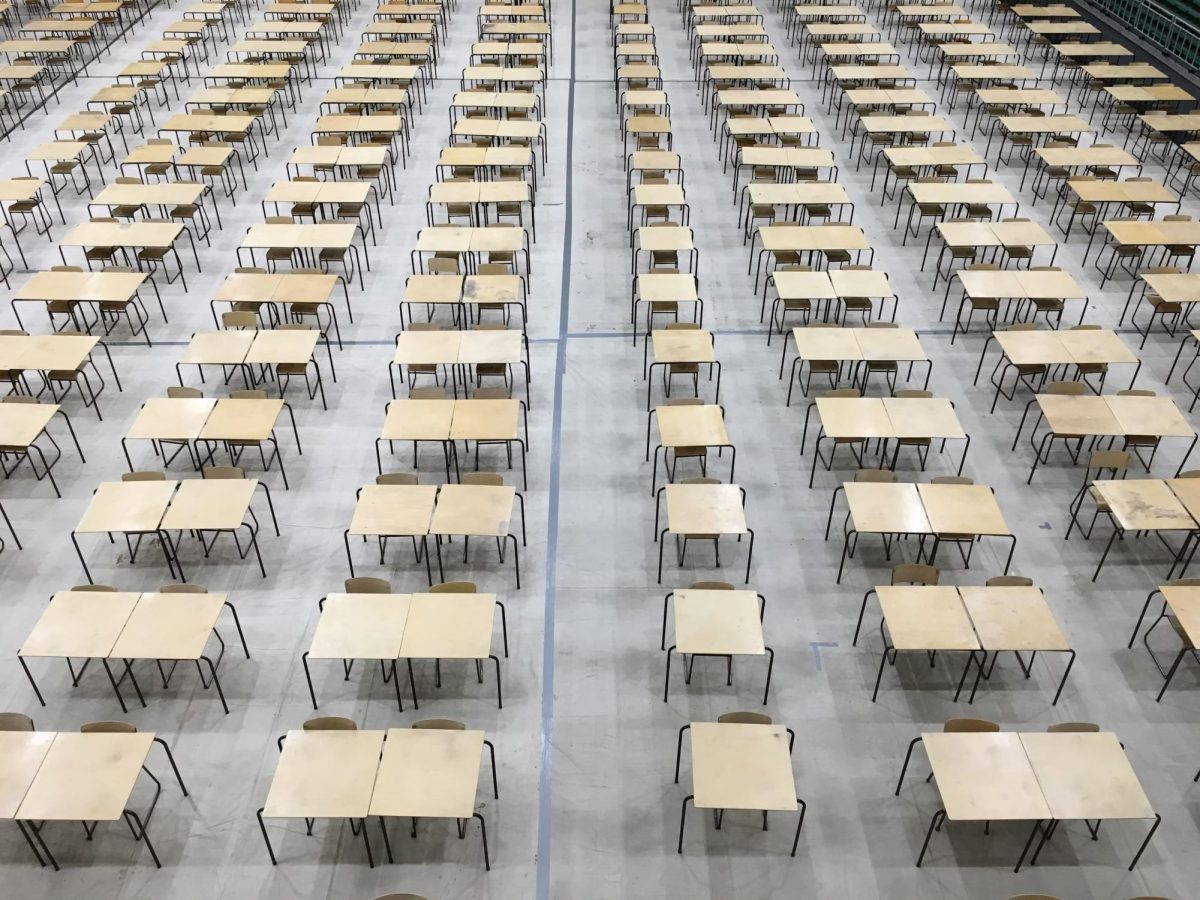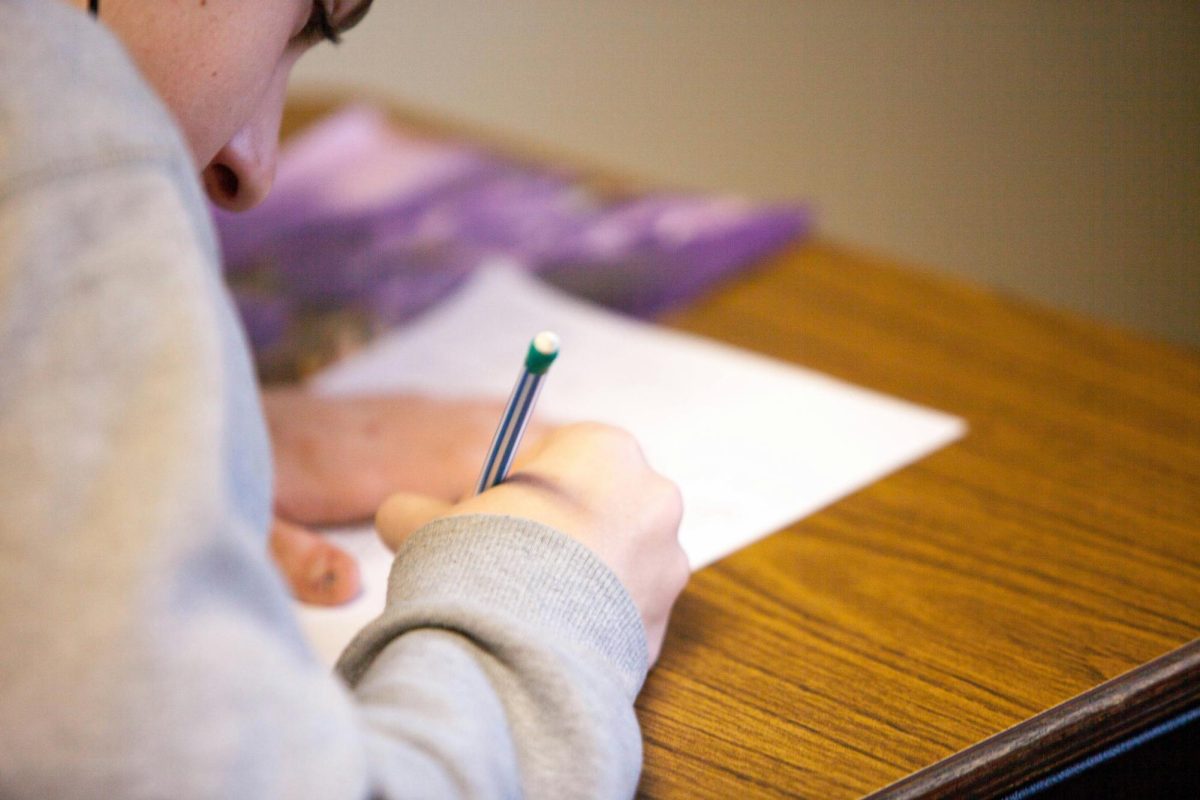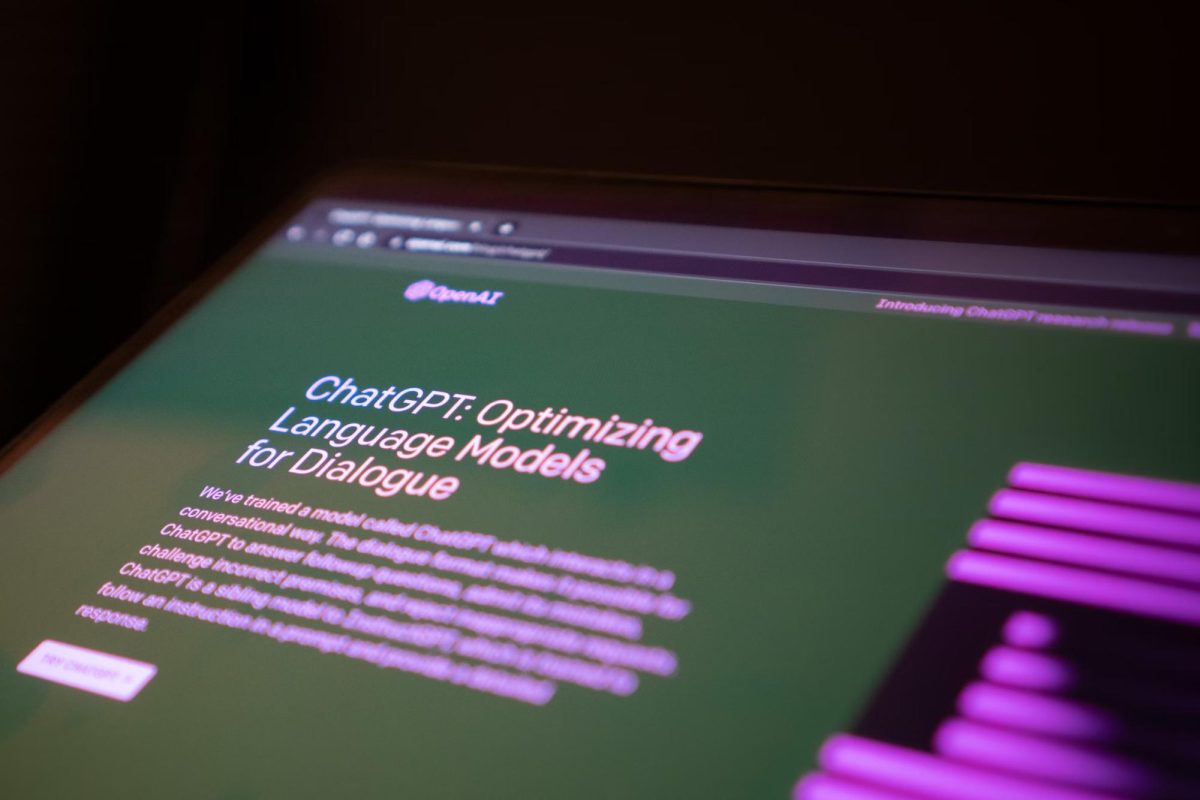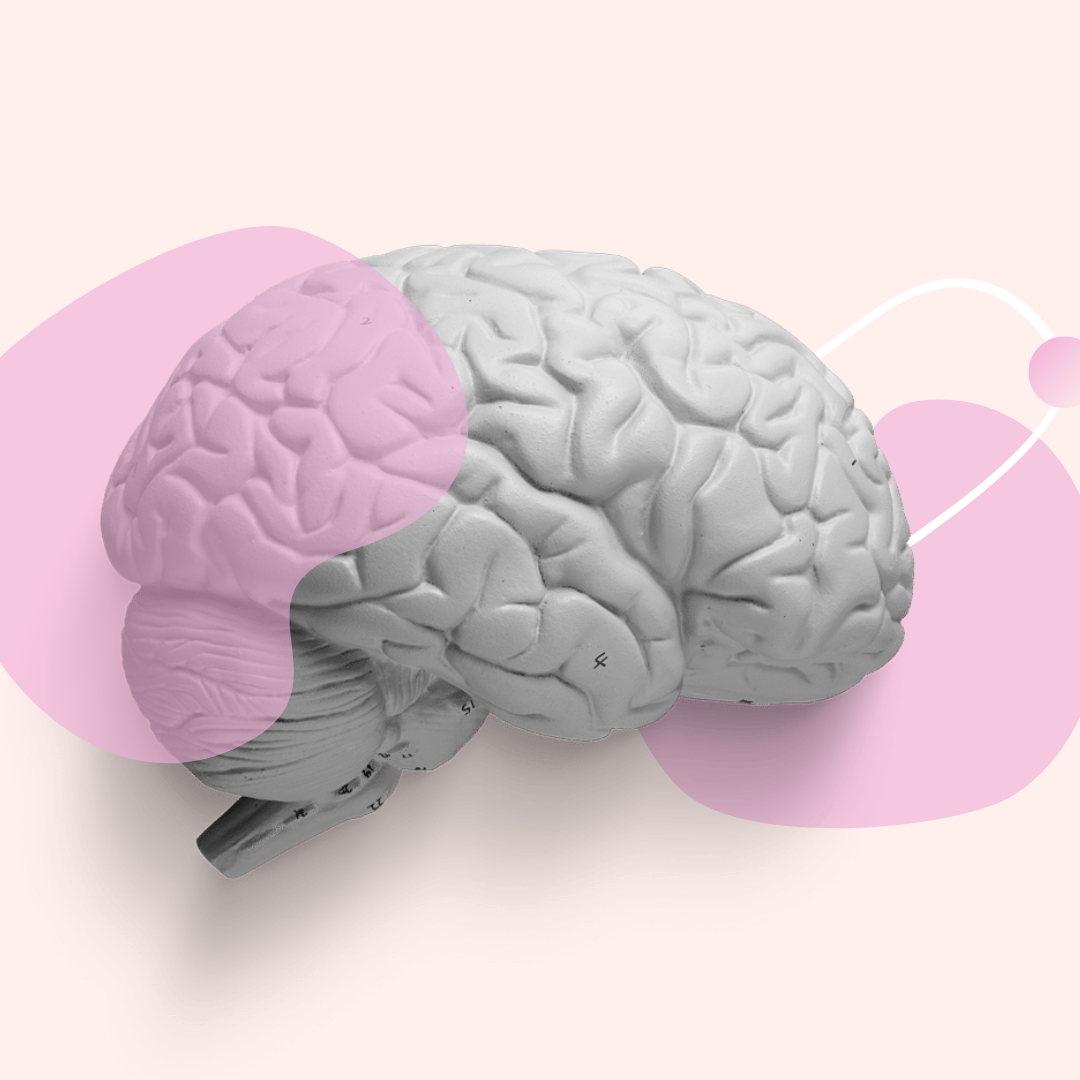For the 2024-2025 Academic year, Morristown Beard is offering six Advanced Topics (AT) semester courses in a variety of subject areas. The Advanced Topics program provides a rigorous alternative to the standardized curriculum and testing of Advanced Placement (AP) courses.
AT electives are open to juniors and seniors with the submission of questionnaires, relevant writing samples, teacher recommendations and interviews. Compared to more traditional test centered survey courses like the AP program, ATs offer students opportunities to hone in on one particular skill or field. This allows students to dive deeper into the content. In these classes, students learn through discussions and seminar-style learning, helping to expand their critical thinking skills. Advanced Topics courses are proposed to a committee by a faculty member and traditionally run for two years.
ATs for the Fall 2024 semester include Anthropology of Childhood Games and Play, Chemical Engineering and Process Design, and Group Theory, Combinatorics, and Rubik’s Cube. Anthropology of Childhood Games and Play is in its second year. This unique class is taught by Dr. Jack Bartholomew of the science department. It focuses on human development, specifically socio-cultural evolution in relation to the nature of play and games. Dr. Chuang, also of the science department, will be teaching Chemical Engineering and Process Design. The course focuses on the impact of chemical engineering in relation to industrialization and designing, allowing students to understand the impact and importance of process design in the world by analyzing certain industrial processes. Group Theory, Combinatorics, and Rubik’s Cube is entering its second year and is taught by Mr. Ryan Tamburrino of the math department. In this course, students learn the fundamental concepts of group theory and combinatorics, specifically in relation to how a Rubik’s cube works.
For the spring semester, the AT classes include Ethics of Artificial Intelligence, Comparative Biomechanics, and Is the 21st Century the New Renaissance? Ethics of Artificial Intelligence will be taught by Dr. Bartholomew covers how AI works and the applications of AI, connecting this information to ethics and the ongoing debate surrounding its uses. Dr. Dennis Evangelista of the science department is teaching the Comparative Biomechanics class where students will study engineering and physics principles in the context of living organisms where students will get to explore biology, physiology, medicine, and more. Is the 21st Century the New Renaissance? taught by Dr. Gorcia Lalic of the world language department examines the rapid spread of information through relatively newly-developed media that has fundamentally changed the world. Focusing on the comparison between the Renaissance, students in this course will examine the ways twenty first century life is similar to Renaissance life.
This unique program provides interested students with the opportunity to engage in their passions outside of more traditional subjects. The opportunities these courses provide are well worth one’s time to promote an enhanced learning experience. More information regarding these opportunities are located on the MBS website for those interested.







